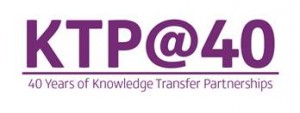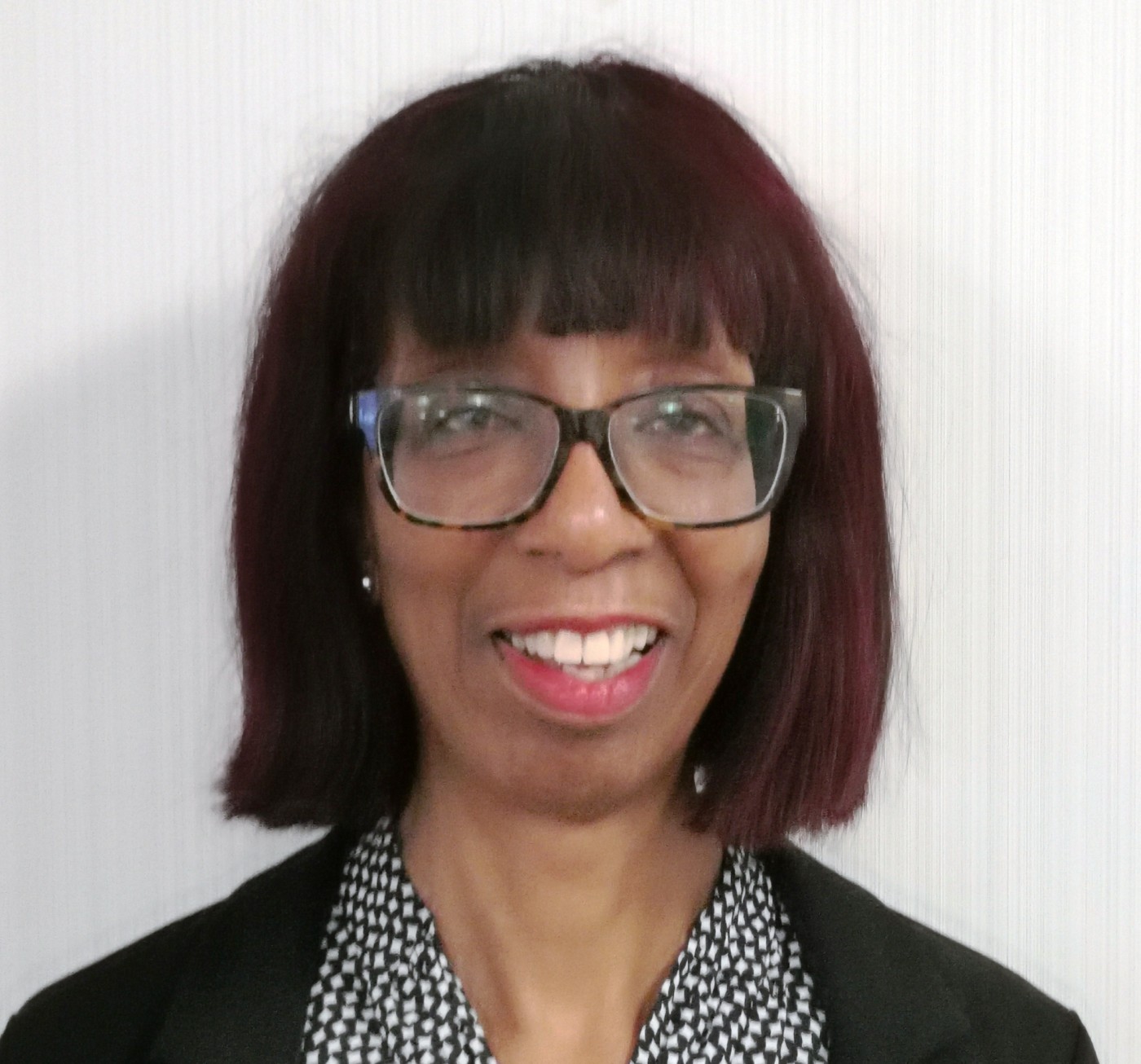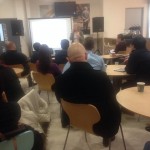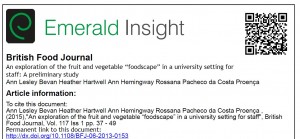Knowledge Transfer Partnerships (KTP) are a fantastic way of making long-lasting relationships with industry, bringing in income and measuring impact, which is quite a feat for a scheme that is 40 years old this year..!
Submission deadlines are every two months and once proposals are reviewed, statistics are released on how well the proposals submitted, fared against the Proposal Approval Group (PAG).
Below is an update documenting the most recent statistics from the Innovate UK PAG in December 2014.
| Proposals submitted | 86 |
| Proposals supported | 77 |
| Of which, number supported without amendments | 39 |
| Withdrawn by Adviser prior to consideration | 0 |
| Proposals not supported | 9 |
| Of which, number that can be revised for resubmission | 8 |
| Success rate | 90% |
These statistics demonstrate the high success rate of KTP proposals that are awarded and also the amount of proposals that were submitted in November.
If you’re working (or want to work) with industry on innovative projects, find out more about how KTP can help you. Contact Rachel Clarke, Knowledge Exchange Adviser (KTP) on 61347 or email clarker@bournemouth.ac.uk

 Charmain Lyons
Charmain Lyons






















 REF Code of Practice consultation is open!
REF Code of Practice consultation is open! BU Leads AI-Driven Work Package in EU Horizon SUSHEAS Project
BU Leads AI-Driven Work Package in EU Horizon SUSHEAS Project Evidence Synthesis Centre open at Kathmandu University
Evidence Synthesis Centre open at Kathmandu University Expand Your Impact: Collaboration and Networking Workshops for Researchers
Expand Your Impact: Collaboration and Networking Workshops for Researchers ECR Funding Open Call: Research Culture & Community Grant – Apply now
ECR Funding Open Call: Research Culture & Community Grant – Apply now ECR Funding Open Call: Research Culture & Community Grant – Application Deadline Friday 12 December
ECR Funding Open Call: Research Culture & Community Grant – Application Deadline Friday 12 December MSCA Postdoctoral Fellowships 2025 Call
MSCA Postdoctoral Fellowships 2025 Call ERC Advanced Grant 2025 Webinar
ERC Advanced Grant 2025 Webinar Update on UKRO services
Update on UKRO services European research project exploring use of ‘virtual twins’ to better manage metabolic associated fatty liver disease
European research project exploring use of ‘virtual twins’ to better manage metabolic associated fatty liver disease